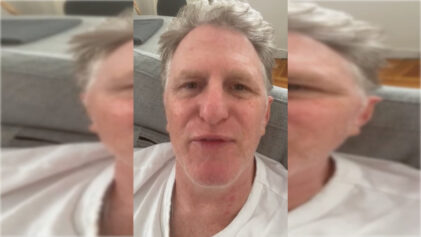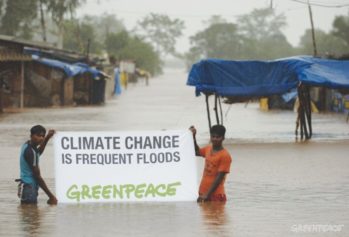Set in contemporary Gaza, Susan Youssef’s debut feature, “Habibi,” puts romance to work in the service of sociopolitical commentary. The film’s age-old conceit of young lovers confronted with the objections of family and society illustrates resurgent religious strictures that clamp down on personal freedoms. But despite moments of dour power and a likable female lead, the couple’s predicament is all too often flatly staged and acted out.
Qays (Kais Nashef) and Layla (Maisa Abd Elhadi) meet as students at a university in the West Bank, but “Habibi” picks up after the Palestinian uprising of 2001 forces the two to return home to Gaza. Though Layla’s Muslim father (Yussef Abu Warda) was open-minded enough to send her to school for engineering, he is set on finding her a husband who is more respectable than Qays, a mop-headed poet who (his lank frame notwithstanding) toils in construction. Layla’s brother, who is drawn to Hamas, also proves to be an obstacle.
Read more: NY Times


